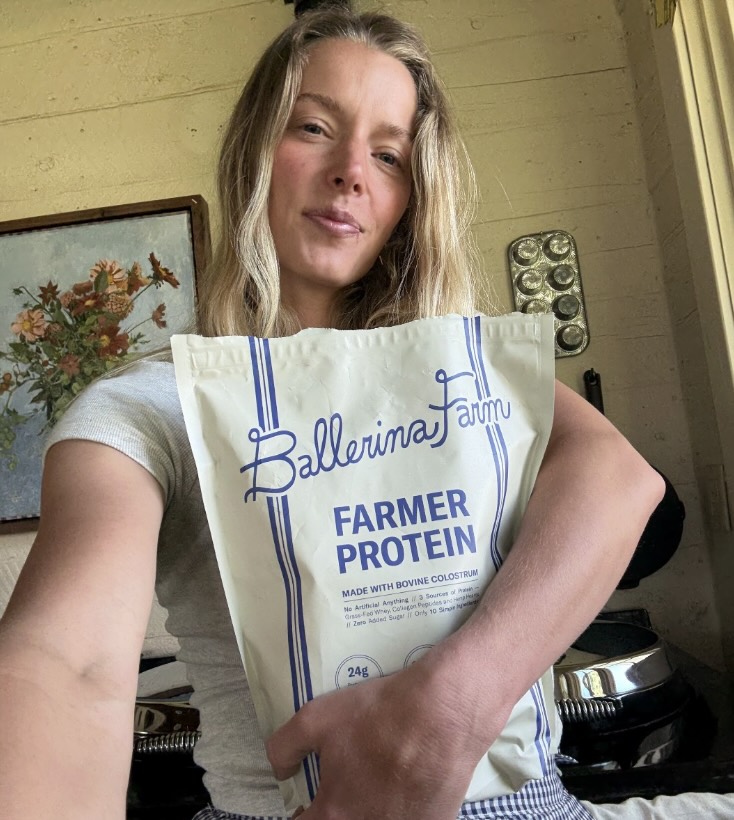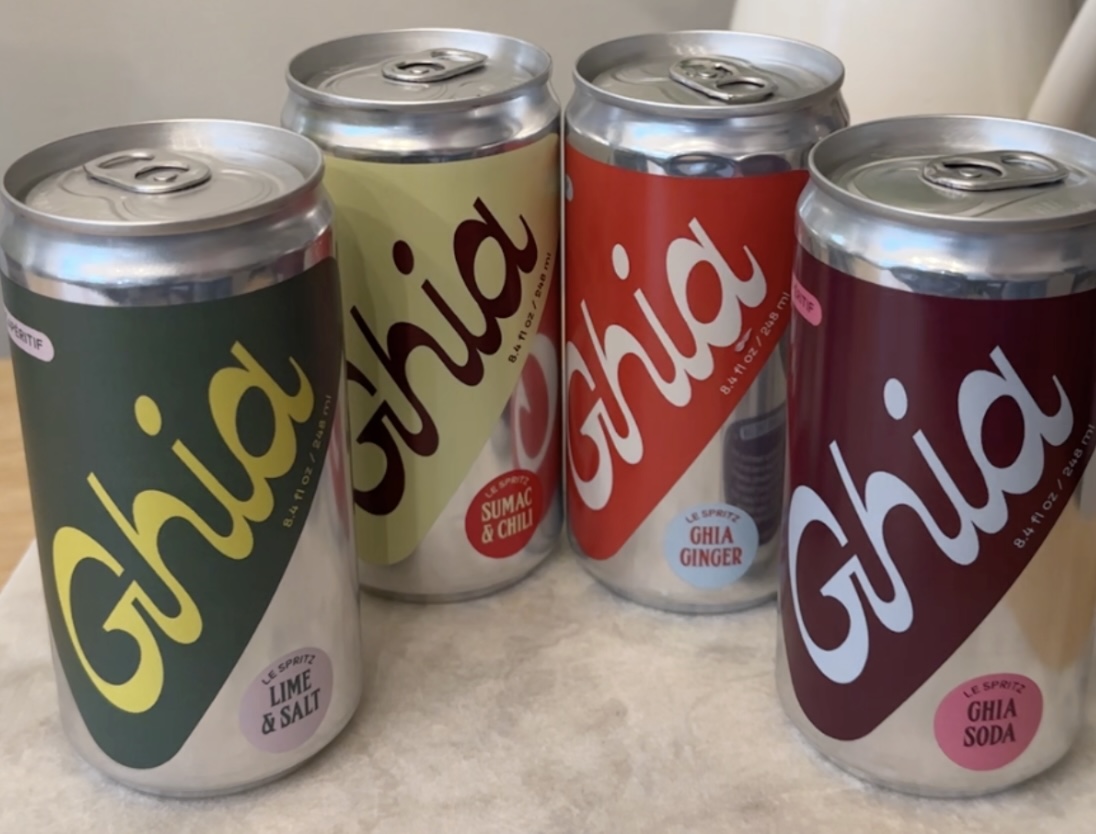Our team is dedicated to finding and telling you more about the web’s best products. If you purchase through our links, we may receive a commission. Our editorial team is independent and only endorses products we believe in.
Since the dawn of the spice trade over 4,000 years ago, the seasonings we add to our food have been tied to geopolitics. Spices like cinnamon, cassia, ginger and turmeric were among the earliest commodities ever traded on a global scale, contributing to the rise of cities and empires alike across the Spice Routes.
Yet while the countries that cultivated these spices initially reaped massive benefits, the advent of colonialism took power away from producers and delivered it to middlemen instead. It was those who controlled the flow between growers and exporters who profited, not the farmers themselves. The massive, convoluted infrastructures that developed around sought-after flavorings still exist today, which is why we can identify the brand name of many spices while still having no idea where, or who, they come from.
Rumi Spice, however, is disrupting that model. By partnering directly with Afghan farmers, and paying Afghan women specifically through direct wages, Rumi contributes to the agricultural and economic development of Afghanistan. In an industry with a long tradition of exploitation, Rumi is on a mission to reinvest in the land – and in the people – that produce its products.
And the brand does it all while harvesting some of the best spices I've ever tasted.
ONE-OF-A-KIND TERROIR
Rumi's two cornerstone spices, saffron and black cumin, are fantastic windows into the uniqueness of its process. Saffron in particular is known as "the queen of spices," a distinction owed not just to its gorgeous crimson hue or subtly floral palate – but to the fact that it's worth its weight in gold. Because of how sparsely it grows on each plant, it takes almost 80,000 flowers to produce one pound of saffron. If you've ever had sticker shock when you've seen the price on a small container in your grocery store: that's why.
Because of the high price it fetches, many brands will source from all over the world, blending inferior products from regions with less than ideal growing conditions, all to maximize profits. Rumi, on the other hand, sources all of its saffron from fields in Herat, Afghanistan, where it employs nearly 2,000 women with direct trade and reliable wages. This makes it a single-origin spice with a dependable quality – in fact, one that over-qualifies it for the Category 1 saffron standard by a mile.
Its black cumin has a similar story: unlike the sandy spice we might be used to, this varietal is indigenous to the Afghan mountains. By partnering with the women of the Badakhshan province who hand harvest and process it, Rumi offers a truly one-of-a-kind cumin, with woodsy and pine notes imparted by the Hindu Kush mountains. There's no ruthless efficiency here driven by the bottom line: this cumin is grown 100% in the wild to ensure its authentic and unforgettable taste.

IN CONVERSATION
Since Rumi's founding in 2014, it goes without saying that Afghanistan has been through a significant amount of turmoil. To get a sense of how the company was staying true to its mission amidst changes on the ground, I was fortunate enough to speak with both CEO Patti Doyle and Shakoor Ehrarri, the head of their Afghanistan Operations. Let's see what they had to say about how Rumi is meeting the current moment:
This is obviously a moment of great change in Afghanistan to say the least, especially as it regards the rights and status of Afghan women. How are you staying committed to your role as a female-centered brand on the ground?
EHRARRI: Most of the saffron harvesting and processing continues to be done by the women: flowering, separating the stigma from the flower and drying.ᅠ If we calculate based on the percentages of labor, the women do the processing which is around 90% of the total labor required.ᅠ In regards to the other spices, less of the harvesting is done by women. However women are involved in other elements of the process, as an example, the processing and cleaning of the black cumin seeds is done by women which represents around 50% of the labor.ᅠᅠ
What should our readers know about the benefits of buying single-origin spices versus buying the more affordable options they might find at the grocery store?
DOYLE: Single-origin spices allow you to know where the product is truly coming from. For Rumi, this means the same group of farmers are growing the spices year after year. And, for any single-origin product, they will carry unique flavor characteristics that can only be found in that growing region.

What is it about Rumi spices that has made world-renowned chefs like Eric Ripert such massive fans?
DOYLE: First, the quality. Afghanistan has an incredible and varied growing terrain. Everything from the grasslands of the rugged Hindu Kush mountains to the arid plains surrounding Herat. As a result, the spices grown in this region have unique flavor profiles that reflect the growing conditions. And, because all of Rumi’s spices are direct-sourced, they come to us right after harvest so they are fresh and extremely flavorful.
Second, chefs are paying much more attention to where the products they source are coming from. So beyond quality, knowing that using Rumi Spice products helps support women in Afghanistan is incredibly impactful with many professional and home chefs.

TASTE TESTING
Officially armed with more than enough reasons to support these spices ethically, I was ready to turn to the culinary side of things. Trading my research cap for my chef's apron, I ordered an array of Rumi spices to see if their ringing endorsements from the food world would translate into better dishes in my home kitchen.
It's probably no surprise to hear that they delivered, and then some. As delicate as I was with the saffron – this stuff is so precious I'm determined for it to last! – even just a few threads added a stunning golden color and complex aromatics to rice dishes. The dill seed, a spice I was unfamiliar with, has a clean, herbaceous flavor that goes beautifully with green vegetables (wait 'til you try it on a cucumber salad).
I also ordered two spice blends, like the Afghan Curry Braise that gave me all the stunning spice notes I needed to simmer with root veggies, yogurt and stock. But the real showstopper was the roast chicken I made with the Persian Gulf Baharat. A mix of black pepper, Rumi's black cumin, coriander, and warming spices like nutmeg and cardamom, the Bahart gave off a spicy-sweet scent as soon as I opened the bottle.

I generously rubbed the Baharat on the outside of a whole bird, along with enough salt to season the meat, and just under an hour later we had what my partner is still describing as the best chicken I've ever made. That's the beauty of Rumi's product: these spices are so powerfully flavored that you barely have to add anything else. All they need is a canvas to shine on, and over my weeks spent cooking with them I found there was hardly a canvas they didn't like.
It's rare to find a brand whose mission statement is equally as valuable as the goods they deliver. Especially when buying spices, it's critical to be conscious of where and how we spend our money – for social impact and flavor quality alike. By prioritizing both, Rumi fosters a more thoughtful relationship between us and our food: one that has benefits at both ends of the process.
After trying Rumi, you won't look at your spice cabinet the same way again. And with flavors this incredible, you won't want to.
FIVE MORE REASONS TO FALL IN LOVE WITH RUMI:
1. In need of inspiration? Rumi's recipe pages are chock-full of everything from kebabs to saffron French toast.
2. Having name-dropped him before, I should elaborate that 3 Michelin-starred chef Eric Ripert isn't just a fan of Rumi spices: he named the saffron "one of the best [he has] ever found."
3. If takeout is more your speed but you've got some budding chefs in your like, check out one of Rumi's thoughtfully curated gift sets.
4. Rumi proudly carries a B Corp Certification, a distinction given to businesses that "meet the highest standards of social and environmental performance… to balance profit and purpose."
5. By signing up for email alerts, you're immediately eligible for 10% off your first order.


















